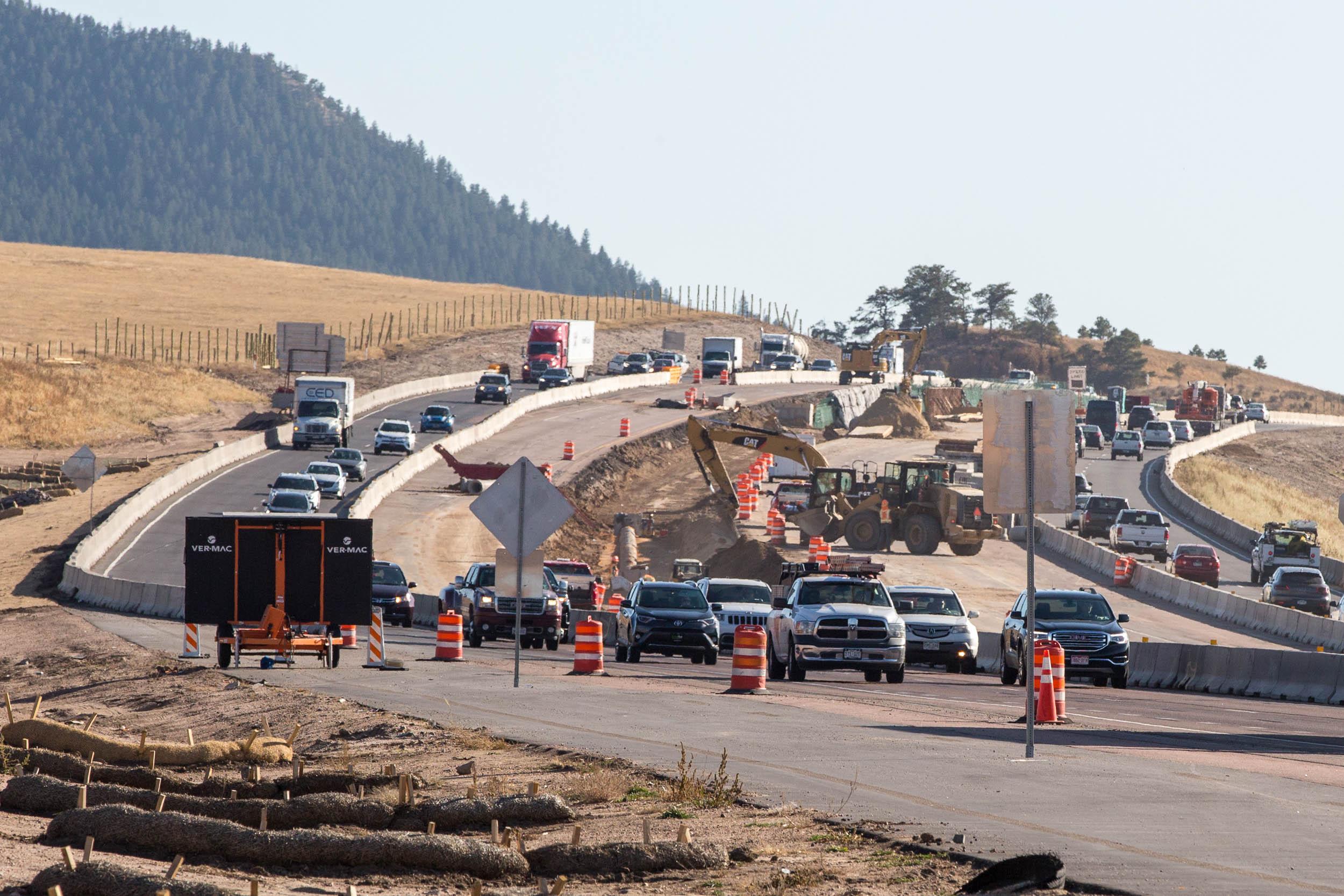
A bill that would pave the way for state transportation projects to be funded a regional level advanced at the state legislature on Wednesday.
The House Transportation and Local Government Committee voted seven to four, with all Democrats in favor and all Republicans opposed, of HB20-1151. That would give transportation planning organizations — like the Denver Regional Council of Governments — the power to impose fees and, with voter approval, taxes.
The bill’s House sponsor, committee chair Rep. Matt Gray, D-Broomfield, said the state desperately needs to spend more money on transportation projects. And he’d prefer that happens on a statewide level.
But because of 1992’s Taxpayer’s Bill of Rights, any tax increase must first get voter approval. Three statewide votes have failed in recent years — Propositions 109, 110 and CC. The state’s gas tax of 22 cents per gallon hasn’t changed since 1991, even as inflation and more fuel efficient vehicles have whittled away at its buying power.
And that’s why Gray put forth his proposal, in the hopes that it could eventually lead to more successful ballot measures — albeit on a smaller scale. He admitted it was not a perfect solution.
"I'll stop this process as soon as someone presents something better," Gray told the committee Wednesday.
A handful of suburban mayors from the Denver metro testified in favor of the bill.
“Aurora cannot solve this on its own,” Aurora Mayor Mike Coffman said, noting that many commuters from his city must travel on choked roads to job centers in downtown Denver and elsewhere.
“This is about as close as we can get to a statewide solution under current conditions,” Westminster Mayor Herb Atchison added.
But rural legislators said it could leave their areas behind.
“If this becomes a law, I think we will put Colorado further behind the 8 ball as a state,” said Rep. Marc Catlin, R-Montrose. “Communities that can do it, will do it. And they won’t feel like they need a statewide solution.”
The bill goes next to the House Appropriations Committee.









